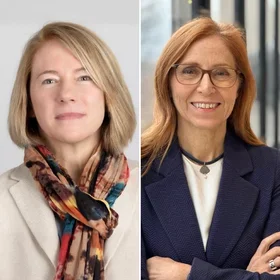In this month’s issue of Toastmaster magazine, Jesse Scinto, Lecturer in Professional Studies, and Associate Director for Curriculum and Development for Columbia’s Strategic Communication master’s program, addresses how to speak up in tough situations.
“Conflict resolution takes more than just a willingness to talk. It requires us to regain perspective, reframe our contributions, and rehearse our approach,” he writes. He points out that, while it’s easy to find fault in other people’s speech and behavior, it’s much more challenging for us to reexamine our own role in the conflict and why we reacted the way we did.
He cites Difficult Conversations by Douglas Stone, Bruce Patton, and Sheila Heen, saying that issues of identity hold the key to why certain clashes haunt us so profoundly. He says that, when conflicts touch on our identities, questions arise within us such as, “Am I a good or bad person? Am I lovable or not lovable? Am I competent or incompetent? What will others think of me if I say something now?”
Therefore, Scinto suggests, one must cultivate self-awareness in order to steel oneself against potential identity-based conflicts. He also recommends rehearsing and planning one’s measured response. “Write out a plan: ‘If Mike continues to make comments about my weight at work, I will say …’ This is what’s known as implementation planning.”
While we can’t anticipate another’s response to our difficult conversation, we can take solace in knowing that we spoke up, and we were heard.
Read the full article in Toastmaster.


